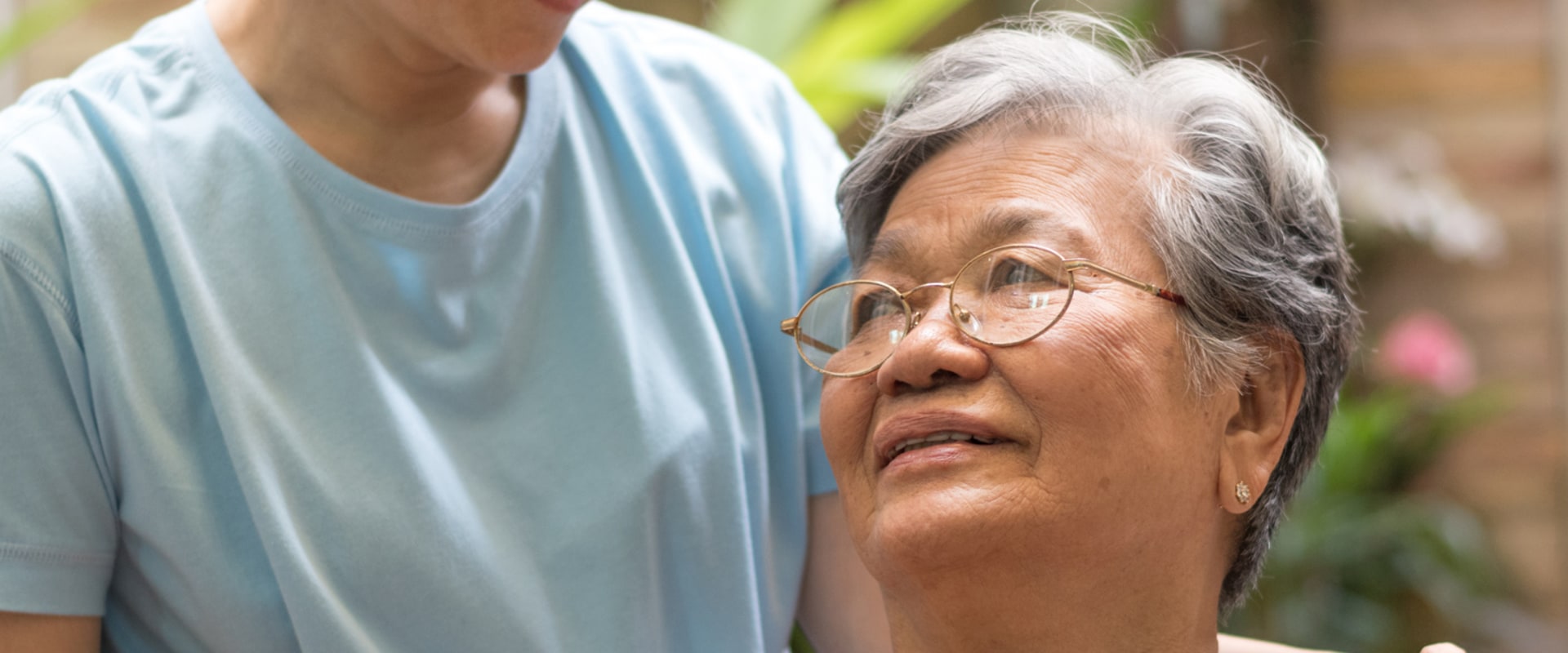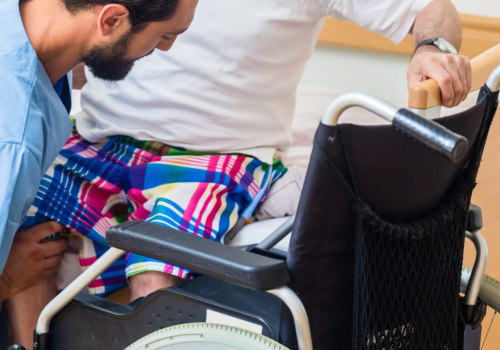Hospice care focuses on the care, comfort, and quality of life of a person with a serious illness nearing the end of life. At some point, it may not be possible to cure a serious illness, or a patient may decide not to undergo certain treatments, 2 days ago. Unlike palliative care, hospice does not focus on treatment or curative medical intervention. Instead, the primary goal of hospice care is to help patients feel more comfortable and improve their overall quality of life.
Hospice is a comprehensive and holistic care and support program for terminally ill patients and their families. Hospice care shifts focus to comfort care (palliative care) for pain relief and symptom management rather than care to cure the patient's illness. All visits are based on your needs and those of your family, the plan of care and your medical condition during the course of the illness. The frequency of volunteers and spiritual care often depends on the request and availability of these services.
Travel requirements and other factors may cause some variation in the number of people served by each hospice staff. Hospice is traditionally an option for people whose life expectancy is six months or less and involves palliative care (pain and symptom relief) rather than continuous curative measures, allowing them to live their last days to the fullest, with purpose, dignity, grace and support. To make sure your family understands your wishes, it's important for anyone with a life-limiting illness to learn all they can about hospice and palliative care and talk about their feelings with their loved ones before a medical crisis strikes. For many seriously ill patients, hospice and palliative care offers a more dignified and comfortable alternative to spending their final months in the impersonal environment of a hospital, away from family, friends, pets, and everything they know and love.
While hospice is very supportive, the daily care of a person receiving hospice care is provided by family, friends, intimate circle, or paid home health aides. Hospice care is a specialized form of palliative care that primarily targets patients in the terminal stage of illness or who are clearly approaching the end of life. For patients receiving care at home, some hospice services offer respite care to allow friends and family to move away from caregiving. There is not a single specific point in a disease where you should ask about hospice care; it depends largely on you as an individual.
Your hospice team will organize any type of inpatient care and continue to be involved in your treatment and with your family. The hospice team develops a care plan tailored to your individual pain management and symptom relief needs, and provides all necessary medications and palliative therapies, medical supplies and equipment. For information about hospice programs, talk with doctors, nurses, social workers, or counselors, or contact your local or state office for the elderly. The interdisciplinary hospice group establishes the POC together with the attending physician (if any), the patient or representative and the primary caregiver.
In addition to having staff available 24 hours a day, seven days a week, a hospice team provides emotional and spiritual support according to your needs, desires, and beliefs. Hospice services can be provided to a person who has a life-limiting illness anywhere that person lives. Just as obstetricians and midwives provide support and experience at the beginning of life, palliative care providers offer specialized knowledge and end-of-life support. So what is the goal of hospice care? Simply put, it's for you or your loved one to feel comfortable, focused on enjoying life and spending time with friends and family as long as possible.
.












